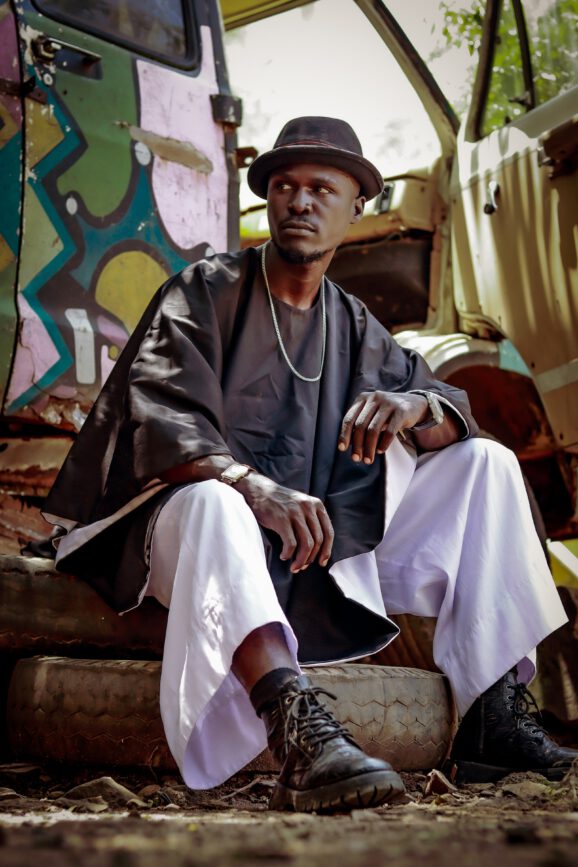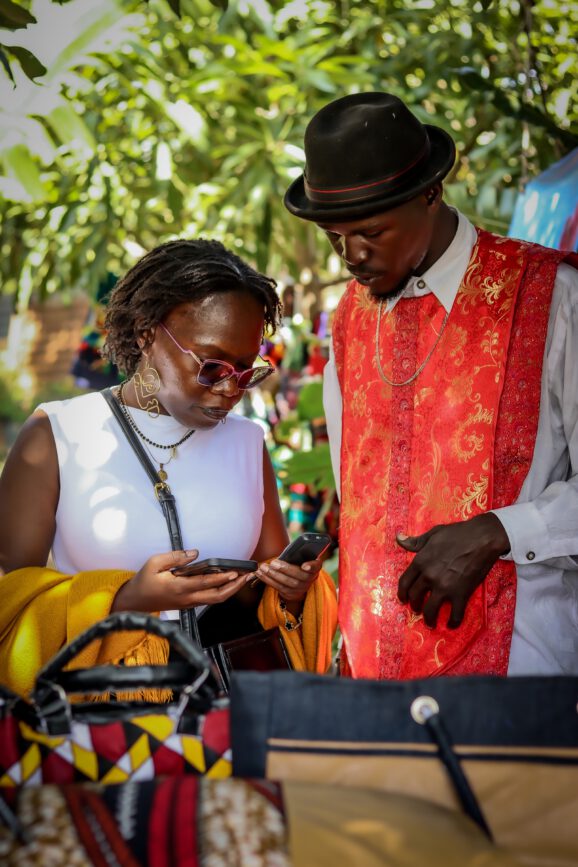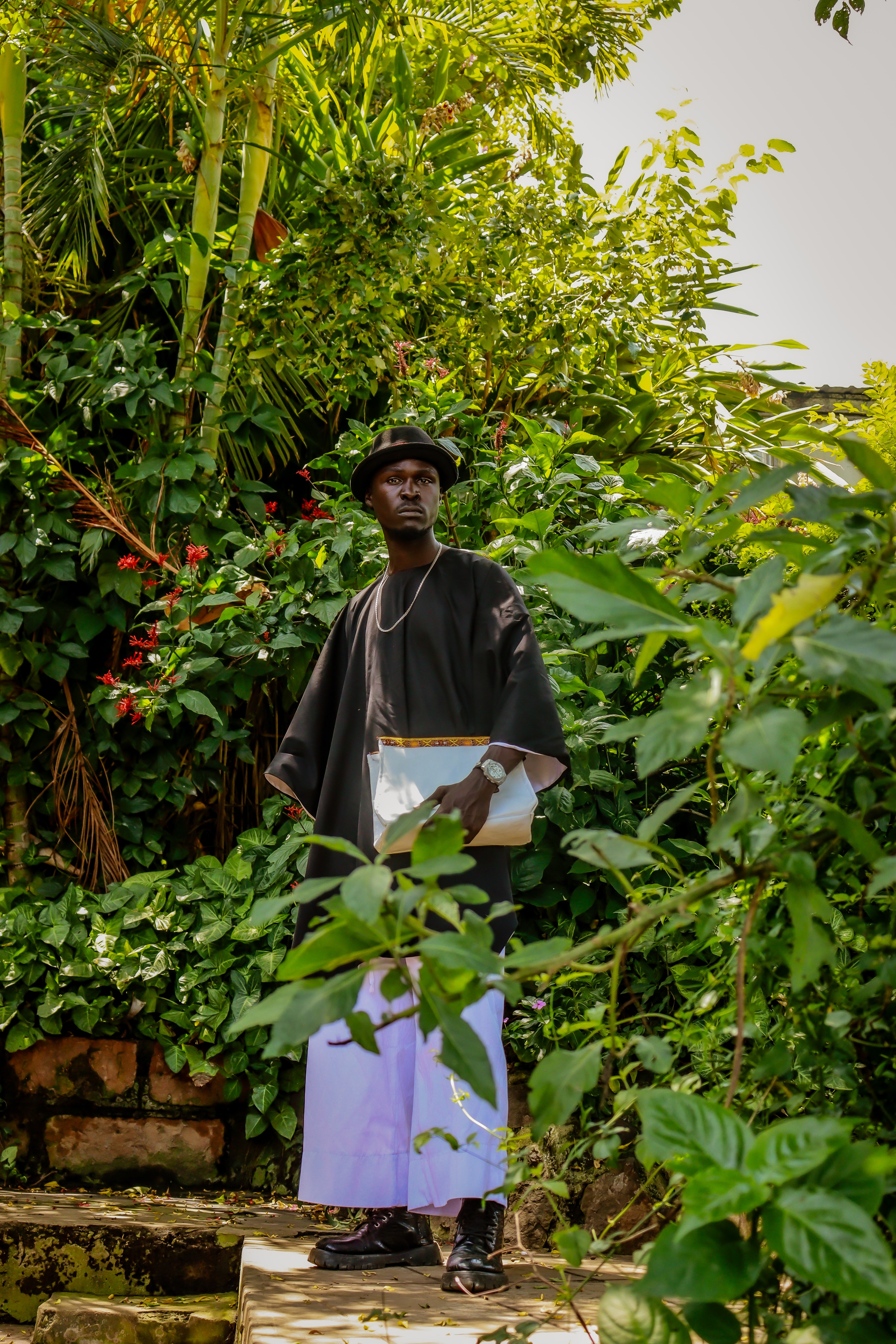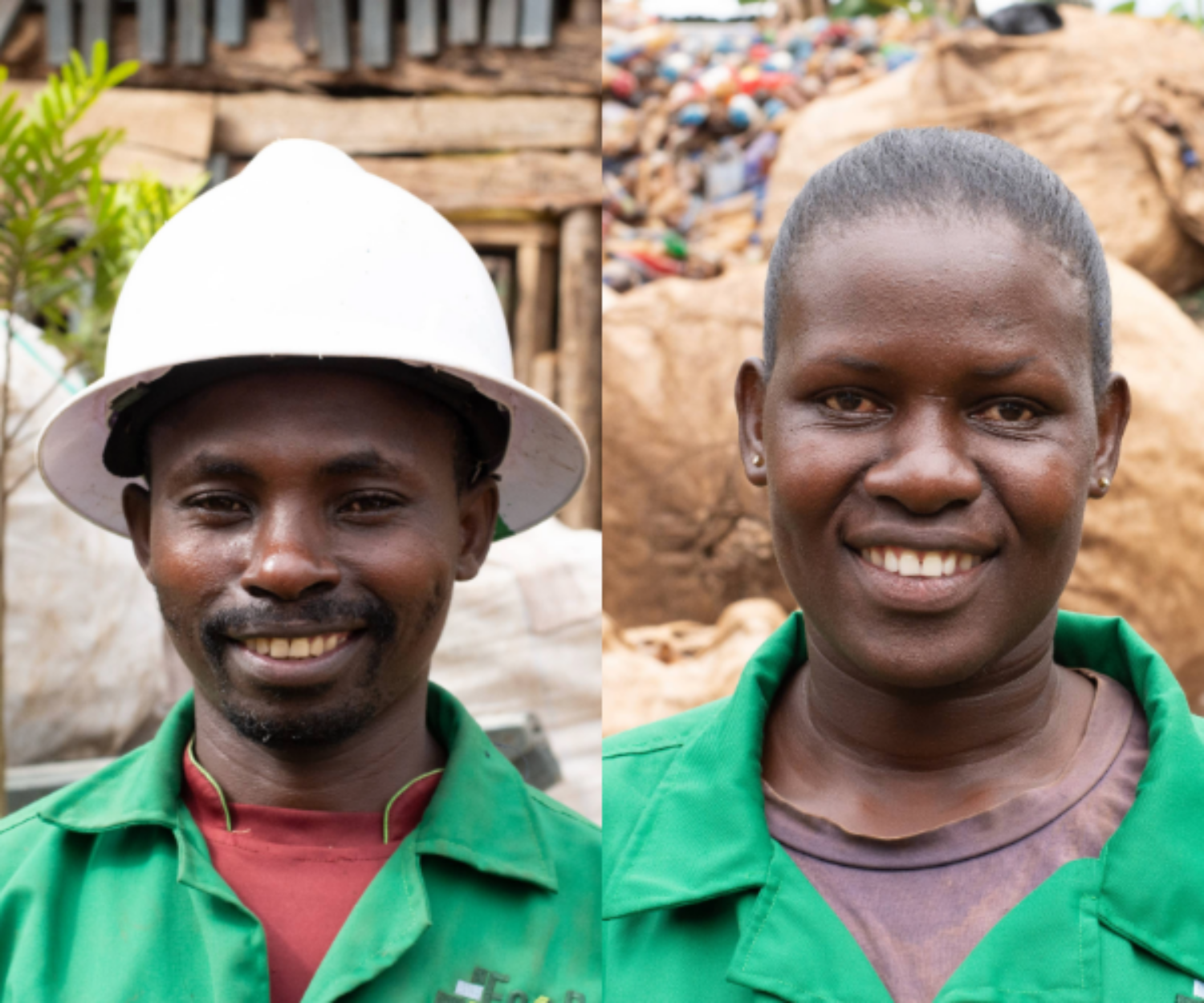The House of Jeffriesse and its Institute: merging creativity with mentorship through the CO-CARE Program
As London, New York, Milan and Paris get ready for their Fashion Weeks, these events are not only a hub of extravagance, but also a well of opportunities for art, fashion and music creatives across geographies. And while some of the most renowned haute couture designers and firms from Europe and the US keep the competition for the main spotlight high, the search for alternative and eccentric trends has paved the way for younger, diverse voices and innovative visions, changing what Fashion Week represents, “one stitch at a time”. In main European fashion capitals, designers from numerous African countries are showcasing models and collections that celebrate and revive traditional and local styles, opening a door to the international market. Across the world, Fashion Weeks have been emerging in most capitals, with a particular surge in Africa, where 32 out of 57 capitals host events that highlight the diversity and creativity of African designers and slowly take the spotlight from traditional fashion powerhouses. A UNESCO report on the fashion sector in Africa, highlighted the transformative impact of Africa’s fashion sector on economic development and innovation, and its potential to create many jobs, especially for women and young people. Moreover, many designers across the continent share a common vision of a sustainable and ethically responsible production, that respects the people, resources and the environment.
Among these creators is Stuart Jeffriesse, a young entrepreneur from Kenya who benefitted from the County Creative Arts, Residence and Empowerment (CO-CARE) Project offered by USIU-Africa, the United States International University-Africa of Kenya and supported by the Challenge Fund for Youth Employment. This program served as a springboard for Jeffriesse’s growth, helping him shape and achieve his dreams and creating a snow-ball effect for young Kenyan artists. When we spoke to this young beneficiary, his deep passion for fashion was evident not only in his words but also in his impeccable style, as he wore a black silky suit effortlessly. Passionate about art and education since his formative years at Lake Primary School and Sawagongo High School, Stuart started selling and trading clothes in college, even before mastering his clothes-making skills. His experience in the creative sector has never been limited to fashion, as he engaged with various forms of art and creatives from different sectors throughout college and his early career stages.
Exploring the creative sector in Kenya: Stuart Jeffriesse’s entrepreneurial steps:
Knowing how difficult it is to navigate opportunities in the creative sector in Kenya, Stuart’s first big project was founding an artist management company – Alpha Lifestyle Media – dedicated to building brands to commercialize original forms of art. As COVID-19 hit, Stuart had to look for other ways to sustain himself. While he kept his dream of merging art and fashion with mentorship, he sought other opportunities to grow and learn. In his job as assistant designer in a well-known Kenyan atelier, Atelier Nderitu, he increased his connections within the fashion industry and got his first experience of what it is like to build a sustainable brand and making it successful. Meanwhile, he kept finding opportunities to refine his business skills and build his reputation in the sector and across communities.
When the time seemed right, he finally set up his own brand, House of Jeffriesse, focusing on sustainable and local materials and taking inspiration from Nilotic cultures and styles. As he was setting up his business, Stuart knew that House of Jeffriesse would not only be a fashion house, but he was also aware that he had to improve his skills to make sure that his work would be known across Kenya and internationally.
Navigating the creative industry through the Co-Care Program
It was at this moment that the CO-CARE program proved crucial for him and his brand. CO-CARE, a program delivered by a consortium of USIU-Africa and Across Production Limited, served as a springboard for his growth, offering not only mentorship but also a supportive community and access to invaluable resources. Through CO-CARE, he was able to refine his business skills, expand his network, and gain insights into emerging trends in the creative industry. The program provided tailored guidance, flexibility, and empowerment, while personalized support and guidance helped him navigate the challenges of the creative landscape. It was the attention he received, and the skills he learnt that helped Stuart make the next step – introducing the Jeffriesse’s Institute, a parallel branch of his which focuses on mentoring and supporting other young creatives like him.
From experiences, to education, to challenges. I have soared above many challenges to be who I am today, and that is because I had role models, and though some of them I never met, I learnt and grew through their experiences, and I’m determined to ensure that I pay back to my society.
Stuart Jeffriesse
From fashion entrepreneur to business mentor: what is next for Stuart?
Stuart’s immediate dream is twofold: making his brand successful and ensuring that every client is satisfied with his product and mentoring more than 10,000 young creatives in the next five years. His main goals? Using his knowledge of the sector to help those who feel stuck and lack job security to find their way into the market and help those who already own a fashion or creative business refining their brand, understanding their goals and achieving their dreams.
His journey from a passionate student to a renowned fashion entrepreneur exemplifies the transformative power of mentorship and community support. As he continues to inspire and mentor the next generation of creatives, his vision of a sustainable and inclusive fashion industry becomes a reality, one collection at a time. Through his dedication and the support of CFYE through the CO-CARE Program, Stuart is not only shaping the future of fashion but also fostering a culture of collaboration and growth, ensuring that young talents can translate their craft into opportunities.
More stories
Interested in more?
Vacancy
Consultancy – Technical Assistant Expert
 Sade Aalto-Setala
Sade Aalto-Setala
 December 3, 2025
December 3, 2025





